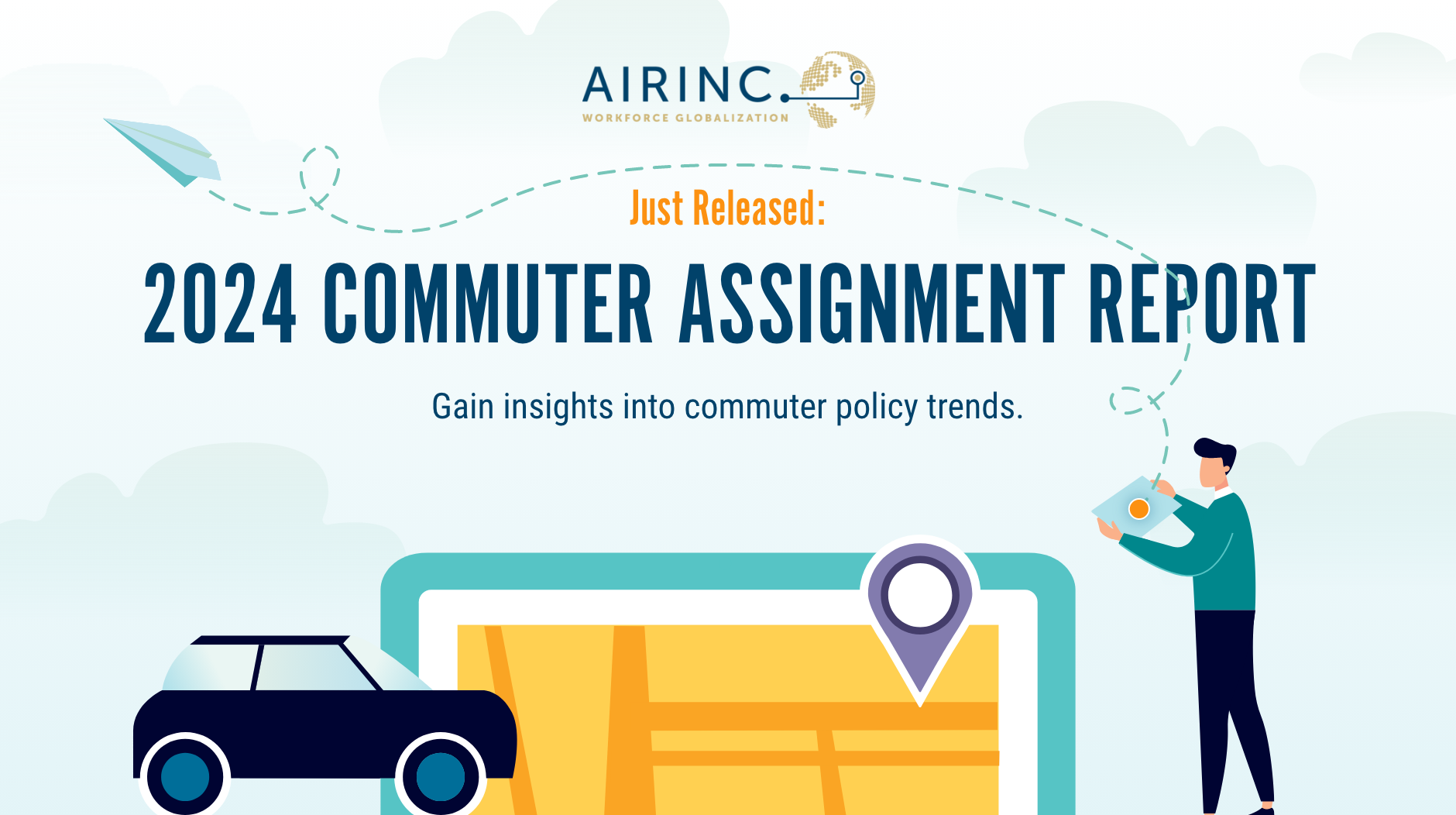In the dynamic realm of global employment, organizations are continually innovating to meet the unique needs of their diverse workforce. One increasingly popular strategy within the mobility policy suite is the commuter assignment – a short-term, flexible solution that maintains connectivity between home and work locations.
AIRINC's recent benchmark provides key insights into the prevalent trends and practices surrounding commuter assignments. Such assignments offer a unique solution for organizations seeking to provide flexibility for all employees. Whether for project-based work or to address the need for skilled professionals in nearby locations, commuter assignments allow employees to maintain their connections to home while developing relationships in another location.
However, despite the prevalence of commuter assignments, a staggering 47% of companies lack a formalized policy for them. Though various organizations may use a case-by-case approach for commuters, with elements such as travel frequency and modified work schedules addressed ad-hoc, having a well-defined policy document allows for clear expectations for the business and the employee, and provides consistency throughout the organization.
For those who have policy documents, the eligibility criteria add another layer to the discussion.
- 20% of companies only allow commuter assignments in proximate locations under a specific flight length, while 16% restrict assignments to certain countries or regions.
- However, a majority (56%) have no location restrictions on commuter assignments.
- Surprisingly, 60% of companies do not implement a minimum threshold for employees flying to and from assignment locations.
With their dynamic and flexible nature, commuter assignments have emerged as a crucial tool in the evolving landscape of global talent management. We recommend formalizing these arrangements, as their adaptability and ability to provide a tailored approach make them essential for organizations navigating the complexities of modern work. As global mobility continues to evolve, commuter assignments will play an increasingly pivotal role in shaping the future of flexible workforce strategies.
Looking for Short-Term Assignment Survey Highlights? Click here.





%20(85)%20(1).png)



